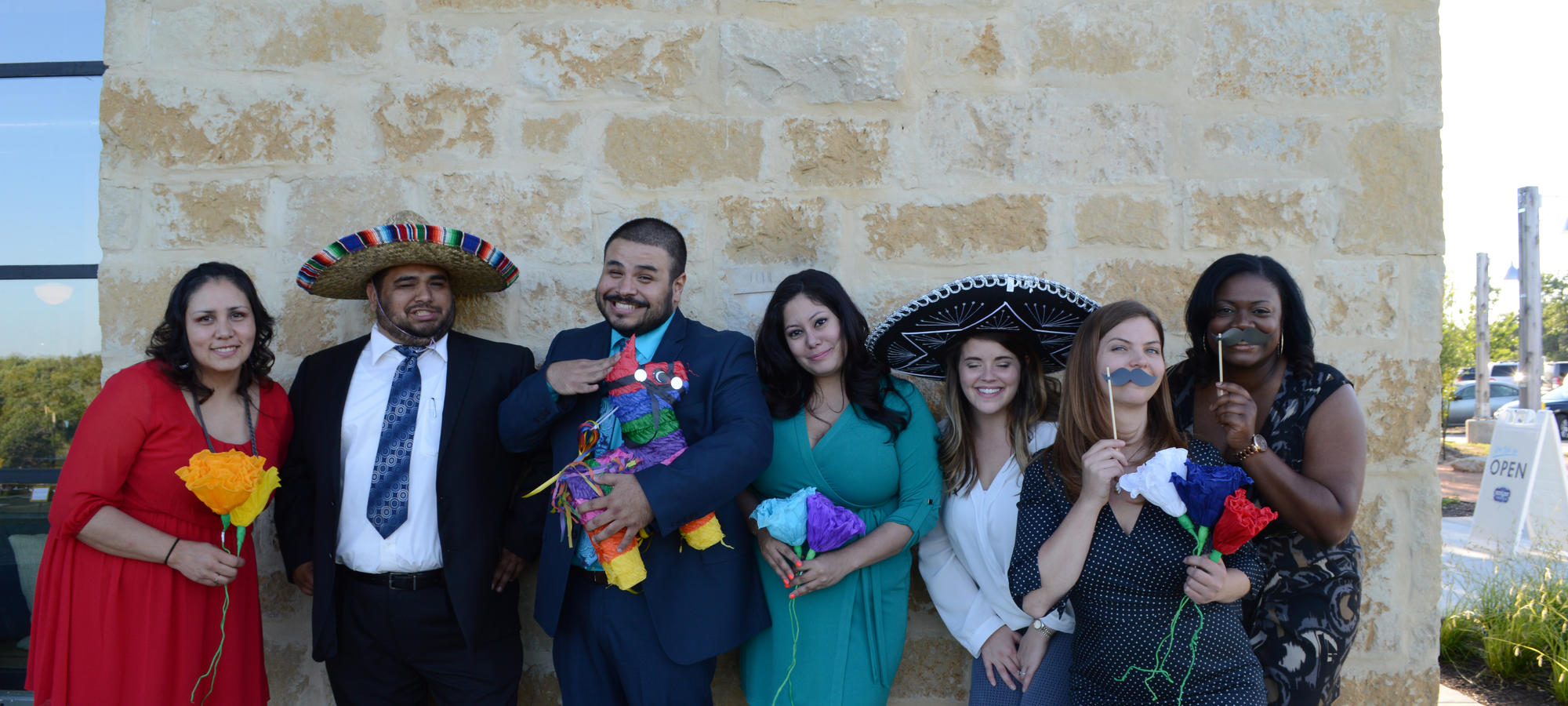Ready to work with us?
Sign for our monthly e-newsletter to be a BCL of Texas insider and stay in the loop on events, opportunities, and classes.

Entrepreneurship has long been praised as a route to eliminate racial wealth gap. For at least three decades, gurus, black and white, have told people if they only left salaried employment and struck out on their own, they could create a path to wealth. This solution has neither been borne out by the evidence on a larger scale over time, nor has it proven to be accurate advice under current circumstances.
Here is what we know. The racial wealth gap is large and shows no signs of closing. Recent data from the Survey of Income and Program Participation shows that black households hold less than seven cents on the dollar compared to white households. The white household living near the poverty line typically has about $18,000 in wealth, while black households in similar economic straits typically have a median wealth near zero. This means, in turn, that many black families have a negative net worth.
At the other end of America’s economic spectrum, black households constitute less than 2 percent of those in the top one percent of the nation’s wealth distribution; white households constitute more than 96 percent of the wealthiest Americans. Moreover, even among the nation’s wealthiest households, extreme differences persist on the basis of race.
Here is the bottom line. The 99th percentile black family is worth a mere $1,574,000, while the 99th percentile white family is worth over 12 million dollars. This means over 870,000 white families have a net worth above 12 million dollars, while, out of the 20 million black families in America, fewer than 380,000 are even worth a single million dollars. By comparison, over 13 million of the total 85 million white families are millionaires or better. Blacks, while constituting just under thirteen percent of the nation’s population, collectively own less than three percent of the nation’s total wealth.
To combat this wealth issue, robust black entrepreneurship will require an environment where the racial wealth disparity already has been confronted and altered directly. Greater black wealth, and hence financial capital, is the vital prerequisite for black entrepreneurship to assist in the wealth divide. Or better stated: “Having wealth must beget wealth.” A key solution is financial capability coaching and advocating for better income and wage parity.
So here is this writer’s bottom line: The key to assisting black businesses in their development and growth lies in leveling the terrain of racial wealth differences and increasing black access to capital in the first place.
Has progress been made in our quest for business growth in certain industries, yes, regardless of what the data states, the examples like the presented still set the bar on what we can do in regard to economic impact through business and banking and wealth creation? Are we there yet completely? No, but we are still moving forward as we have done for over 200 years.
About the author: Brian K. Marshall is the Chief Programs Officer at BCL of Texas and is a certified small business consultant with the Association of Accredited Small Business Consultants. His program’s mission is to “Equip and empower entrepreneurs and small owners with trusted guidance and access to capital.” Mr. Marshall also manages the BCL of Texas Diversity Fund which targets Women and Minorities of low to moderate income with access to business capital. https://www.linkedin.com/in/brian-k-marshall-4713933/
Suite 500 Austin, TX 78701 P: 512.912.9884 F: 346.301.5752 NMLS #1114924
Suite 1220 Dallas, TX 75208 P: 214.688.7456 F: 346.301.5752 NMLS #1114924
Suite 2 San Marcos, TX 78666 P: 512.383.0027 NMLS #1114924
